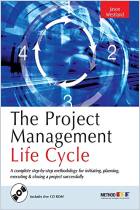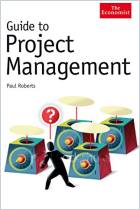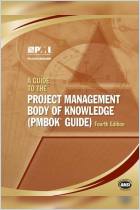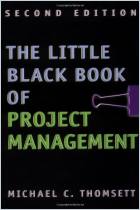
The Project Manager's Desk Reference
Project Planning • Scheduling • Evaluation • Control & Systems
Recommendation
About half the work in companies is done on a project basis, but few people are trained in the nuts and bolts of project management, even in such core skills as meeting deadlines and staying on budget. If you add the problems caused by tight resources, lack of talented personnel and plain old uncertainty, you have a mix that needs professional management. That’s where James P. Lewis’ book is a handy reference. An experienced engineer, Lewis describes a useful, formal, sometimes quantitative approach that can handle even complex, expensive projects. He writes for managers who find themselves with projects to run and for those who may plan to take the professional project management exam for certification. He even offers insights for those who already have ample experience. getAbstract finds that this helpful, well-documented book is a good reference for project managers across a broad spectrum.
Summary
About the Author
James P. Lewis, Ph.D., teaches project management seminars internationally. He spent 15 years as an electrical engineer. Since 1980, he has trained more than 20,000 supervisors and managers.


















Comment on this summary or Start Discussion